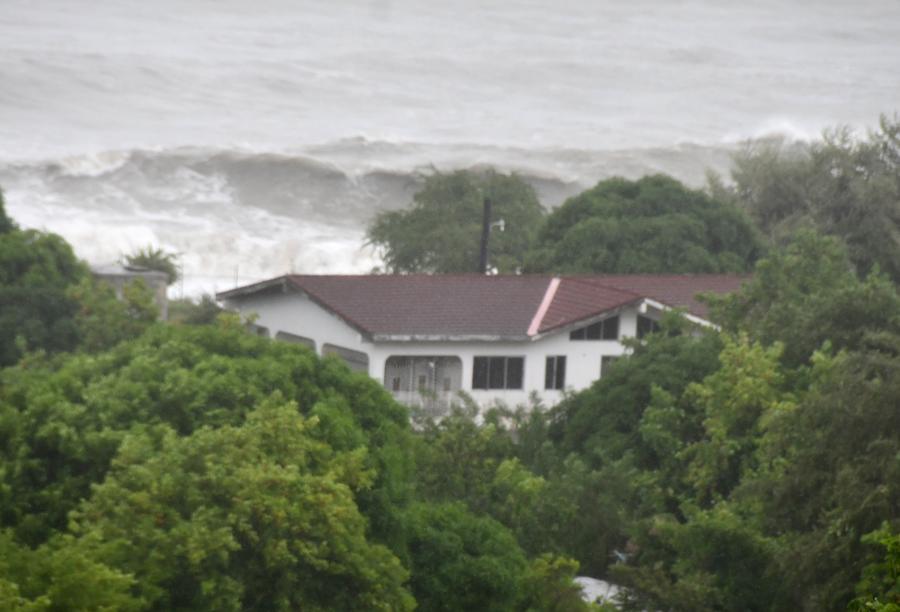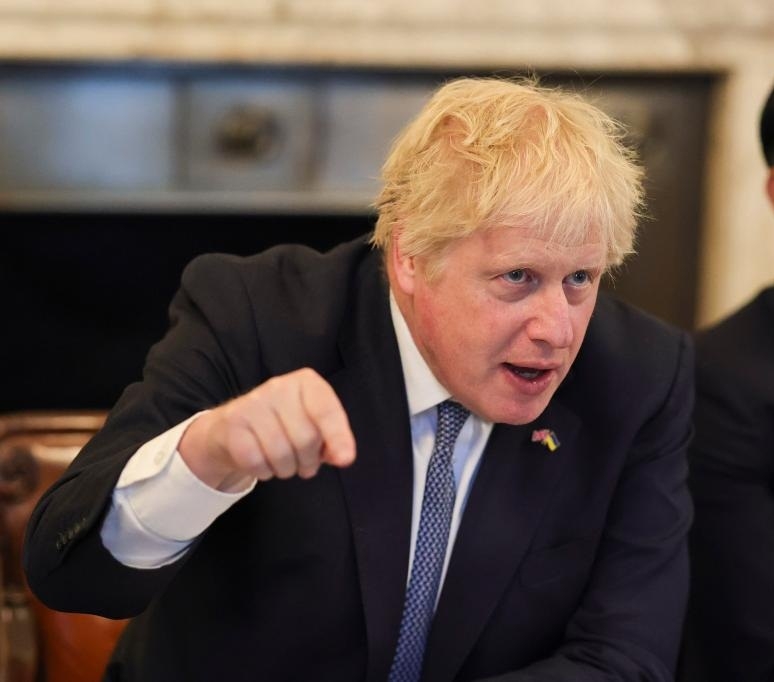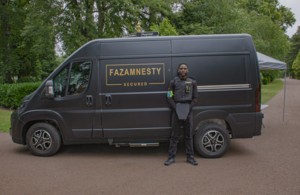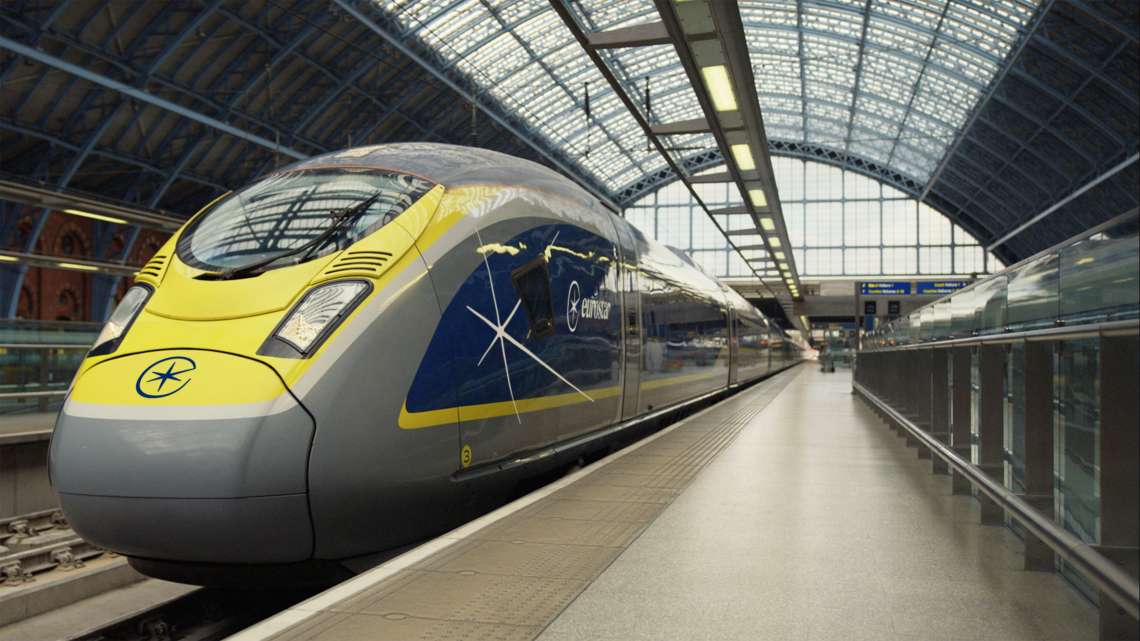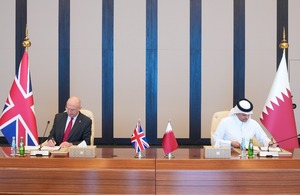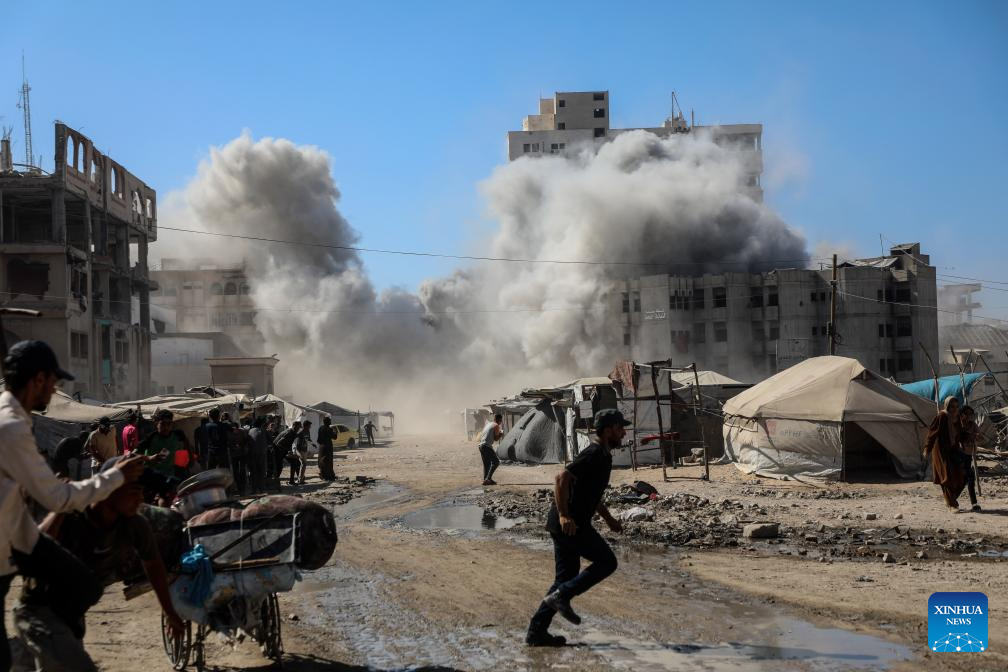Govt charters emergency flights to bring home Britons stranded in hurricane-hit Jamaica as Category 5 storm Melissa devastates the Caribbean…reports Asian Lite News
The UK government has chartered emergency flights to help British nationals leave Jamaica after Hurricane Melissa — a rare Category 5 storm — tore through the Caribbean, leaving widespread destruction, flooding and dozens dead.
As many as 8,000 Britons are estimated to be on the island, and the Foreign Office has urged them to register their presence to receive updates on evacuation and disaster response efforts. The department has not specified how many planes have been chartered but confirmed that British citizens and their immediate families, provided they hold valid travel documents, will be eligible for seats.
At least five people are known to have died in Jamaica, while at least 20 fatalities have been confirmed in neighbouring Haiti as the storm swept across the region.
Foreign Secretary Yvette Cooper said the chartered flights were intended to “bolster commercial capacity and ensure people who wish to return to the UK can do so as soon as possible”.
She added: “The strong links between the UK and Jamaica mean many British nationals were there during the devastation of the hurricane, and we need to ensure they can get safely home, as we know how worrying and difficult the last few days will have been.”
The Foreign Office said it was also sending immediate humanitarian assistance to Jamaica, drawing on supplies from its regional stockpile in Antigua. It is advising Britons on the island to contact their airlines first to check whether commercial flights are available before seeking a place on government-chartered planes.
The department confirmed that members of the Windrush generation with indefinite leave to remain in the UK are also eligible for the evacuation flights.
Jamaica’s Transport Minister Daryl Vaz said that several airports, including Kingston’s Norman Manley International, would initially reopen for humanitarian relief operations only. Some commercial flights from the capital are expected to resume on Thursday.
At Sangster International Airport in Montego Bay, which bore the brunt of the hurricane, relief flights are also scheduled to begin Thursday, though Vaz said it was unclear when normal commercial services would restart.
The UK’s evacuation effort follows its pledge of £2.5 million in aid to support Jamaica’s relief operations. The funds will go towards delivering emergency supplies such as shelter kits, water filters and blankets. Technical experts have also been deployed to help local authorities with logistics and damage assessments.
Among the many Britons stranded on the island is Lyndsey Hookway from Devon, who has been sleeping on the lobby floor of the Iberostar Rose Hall Suites in Montego Bay since Tuesday. “The hotel is completely trashed and has no running water or air conditioning,” she told the BBC. “The hotel have been spectacular, they’ve been communicating with us and helping us as much as they can.”
Hookway said she had been trying to reach the British consulate but that “the line is not connecting”. Paul Potter, also from the UK, is stranded in Montego Bay with his wife and teenage children. Their Monday flight home was cancelled, but Virgin Atlantic has since offered them alternative travel on Tuesday. “We are very fortunate to be where we are with power and internet connection,” he said, adding that the wider community is facing “absolute chaos with no power and a lot of debris and destruction.”
Communication between the UK and Jamaica remains patchy, leaving many worried about relatives and friends. London resident Rayanne Walters, 26, said her messages to a friend in Jamaica have not been delivered. “We tried phoning him. After a few minutes – it cuts off,” she said. “I’ve been really, really sad and feel heartbroken. I just really want to know my friends are okay.”
Yvonne Williams, a teacher from Leeds, has also been unable to reach her sister. Kyle Holmes from Bolton, visiting Jamaica with his wife and three young children for his mother’s wedding, described the hurricane as terrifying. “It was like being in a war zone – it was horrible,” he said. “All the windows were shaking and things were getting thrown at us.”
Melissa made landfall on Jamaica’s southern coast with maximum sustained winds of 295km/h (185mph), making it the strongest hurricane of the year so far — and stronger even than Hurricane Katrina in 2005. Early images from the island show homes and businesses reduced to rubble, streets strewn with debris, and floodwaters surging through towns.
Prime Minister Andrew Holness has declared Jamaica a disaster area, warning of “devastating impacts” and “significant damage” to hospitals, homes and businesses. Three-quarters of the country lost electricity overnight, and much of the western region remains submerged.
While Melissa has now moved away from Jamaica and into the Atlantic, meteorologists warn of further rain and thunderstorms across the island, with an additional 8–15cm (3–6 inches) of rainfall possible in low-lying areas and up to 76cm over mountainous terrain, heightening risks of flash floods and landslides.
The US National Hurricane Center said the remnants of Melissa are expected to travel northeast, crossing into the UK late on Sunday and early Monday. The Met Office said the system is likely to arrive as a weakened weather front, describing it as a “business as usual” storm for Britain.
For now, the focus remains on the Caribbean, where the full extent of the damage is still being assessed. Relief efforts are intensifying, with both local and international teams racing to deliver food, water and shelter to communities devastated by the most powerful hurricane the region has seen in years.


